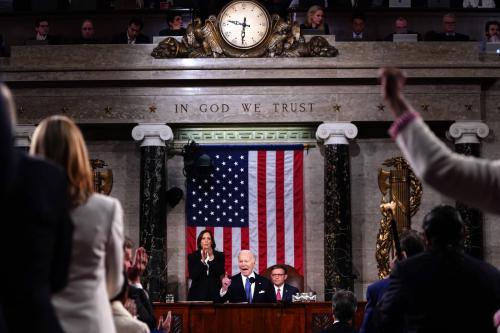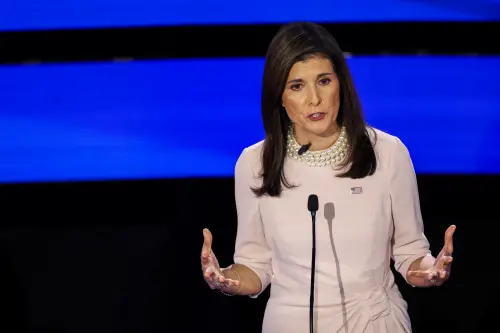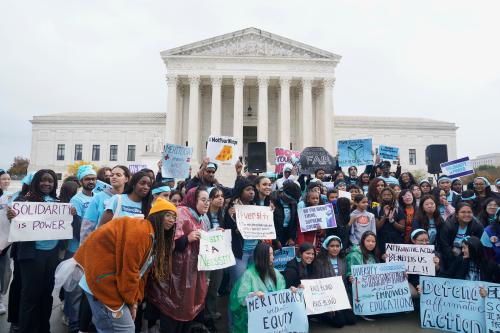Barack Obama’s decision to postpone this week’s planned trip to Indonesia and Australia because of the health care debate in Washington has led his critics to claim he doesn’t care about Asia, throwing back in his face his claim in Tokyo last year that he is “America’s first Pacific president.”
Admittedly, that was always a stretch. Other presidents have had Pacific connections, including Richard Nixon and Ronald Reagan, who hailed from California; Herbert Hoover, who once lived in Australia; and John Kennedy and George H.W. Bush, who were dunked in the Pacific during the Second World War.
Yet there is a unique Pacific tilt to this administration. President Obama has unusual ties to the region. He was born in Hawaii; he lived for several years in Indonesia; and his mother worked in Southeast Asia for a decade.
Asian leaders are focused on interests, not personal stories. Every Asian capital is like a giant abacus, constantly calculating the relative power of competing states. However, Obama’s biography does provide a useful connection to Asian publics.
The travel schedules of senior officials reveal a Pacific focus. This would have been Obama’s second trip to the region in six months, after his November visit to Japan, South Korea, Singapore, and China. Secretary of State Hillary Clinton, made Asia her very first port of call.
European officials are certainly agitated about this Pacific bias. In the same month as Obama’s November trip, he missed the 20th anniversary of the fall of the Berlin Wall. In the same week he announced his Indonesia-Australia trip, he indicated he would miss a U.S.-E.U. summit in Madrid. On both occasions, fainting fits ensued in foreign ministries across the continent.
This Pacific orientation makes sense. The center of economic and strategic power is shifting east; America’s most serious long-term rival is China; and none of the world’s great problems, from financial imbalances to climate change and nuclear proliferation, can be solved without Asia.
There are three reasons to be optimistic about Obama’s Pacific presidency. First, his China policy is showing the right mix of openness and toughness. During his first year, he persistently sought to accommodate Beijing’s interests—a different approach from Bill Clinton and George W. Bush, who both began in a more confrontational fashion.
Obama’s stance was reasonable, given China’s growing influence, newfound confidence and legitimate aspirations. Yet Beijing has so far failed to clasp his outstretched hand: It has been unhelpful on Iran, for example, and Premier Wen Jiabao was less than polite to Obama in Copenhagen. The president has responded in kind, proceeding with an arms sale to Taiwan and finally meeting with the Dalai Lama.
The world has much to gain from a harmonious relationship between the United States and China. Obama is now seeking to develop that relationship—from a position of strength.
Second, the president is doing what he can to keep his Asian allies close. Washington’s alliance system in the Pacific is a great strategic asset, one that its competitors must covet. Obama does not have an intuitive attachment to alliances: During the presidential campaign, he often bracketed alliances with other, less intimate relationships. Yet he made early visits to two Asian treaty allies, Japan and South Korea, and he has promised to soon visit a third, Australia. He has declared that these alliances are “not historical documents from a bygone era, but abiding commitments to each other that are fundamental to our shared security.
Such gestures are welcome in allied capitals. They are critical in Tokyo, where U.S. ties have been disrupted by the election of a new government with an evolving worldview.
Finally, Obama is starting to reach out to new partners. China’s rise is leading to the emergence of strategic triangles in the Pacific, whereby countries with historic ties to Washington are thickening links to Beijing. This new geometry requires a nuanced response. A declaration that “you’re either with us or against us” would produce a stony silence. The first step is to court countries that Washington tends to overlook.
Indonesia is a good example. As well as being the dominant power in Southeast Asia, Indonesia is the world’s largest Muslim nation and a bustling democracy. Much of the foreign policy chapter in Obama’s book The Audacity of Hope is devoted to a rich description of a country that Obama has said “was for me, as a young boy, a magical place.” Yet he also admits that “most Americans can’t locate Indonesia on a map.”
Talk of U.S. decline is exaggerated. America has unmatched capacities and fewer weaknesses than its rising competitors. In the Pacific, its presence keeps a lid on international tensions.
The latest postponement is disappointing. But if Obama can match America’s power with sharp diplomacy and a laser-like focus, he has the potential to become one of the most important Pacific presidents.



Commentary
Op-edDoes Obama Care About Asia?
March 19, 2010